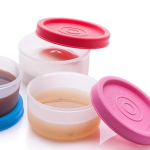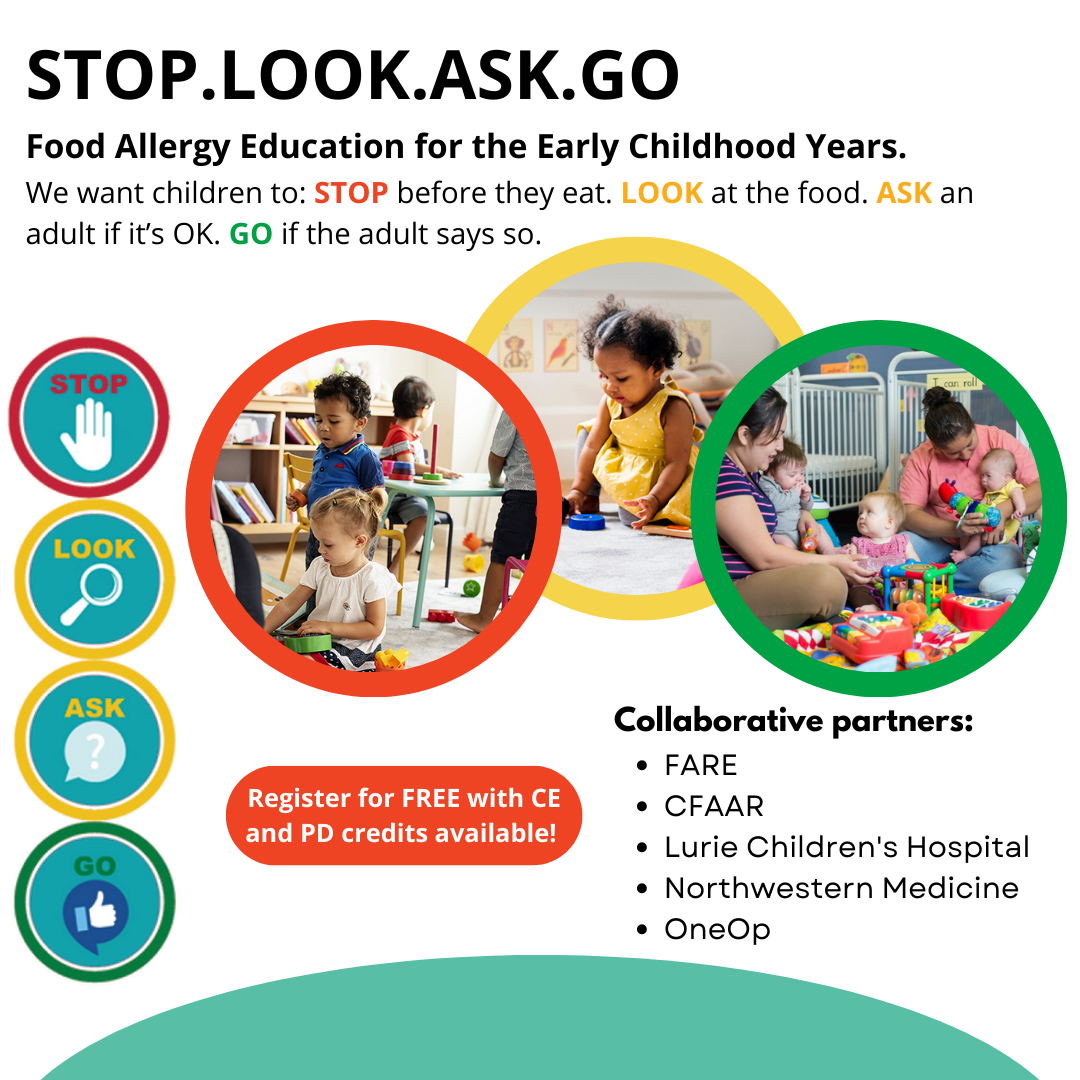Providing balanced meals and snacks for children can be a challenge. Accommodating different preferences while remaining aligned with CACFP requirements and offering a variety of nutritious foods without large portions winding up in the trash might seem like a distant dream. Often, feeding concerns are really just a venue for power struggle. So how can we help children feel empowered to make their own choices at meal times? Try some of these tips, and see if the emotional climate of your meals changes.
Family style meals: instead of plating food for the children, teach and then allow them to serve their own portions. Even young toddlers can learn to scoop fruit or vegetables onto their own plate, and as they get older, they can build towards pouring beverages. If you’re concerned about your CACFP monitor, 7 CFR 226.20 — Requirements for meals states that when meals are served family style, “A sufficient amount of prepared food must be placed on each table to provide the full required portions of each of the components… for all children or adults at the table and to accommodate supervising adults if they wish to eat with the children and adults.” This means that even if a child initially takes a smaller portion of food than would be required if you had plated it, it still counts as long as there is enough food for them to have taken the full portion.
Modify tools to help children serve themselves: I’ve found that a recycled coffee creamer bottle is a great first tool for pouring milk or water, because the spout is very small and the bottle itself is easy to hold and hard to break. Some other easy and fun ways to help children serve their own food include small tongs or measuring cups, which have higher edges than serving spoons and can facilitate more food getting to the intended dish.
Collaborate with families or look around the world for inspiration for variety. Ask families what their children’s favorite meals are and what their favorite meals were as children. Try the same dish inspired by different cultures. Italian meatballs one week, albondigas the next, and Swedish meatballs after that!
Offer condiments: you can let children serve themselves (try smaller bottles with very small nozzles to prevent spills and overuse) or offer a pre-filled cup of sauce or dressing on the side for children to dip or pour over their food. An empty saltshaker on the table for children to use can also give a sense of autonomy without risking oversalted food.
Invite children to help you plan meals: Bring out the circulars and have them circle a fruit or vegetable they’d like to try. Make sure to give credit when you do serve it– “Thank you for picking out these big green kiwis to try at lunch today, Saamya!”
Don’t shy away from seasoning food well! While we may have an image of children preferring bland foods, often the taste they’re looking to avoid is “bitter”. That leaves a whole world of flavors to explore. Try lemony green beans; add cinnamon, turmeric, and black pepper to sweet potatoes; jazz up cooked zucchini with garlic and a sprinkle of parmesan.
Consider the Divison of Responsibility in Feeding, which states that it’s the adult’s job to offer balanced and nutritious meals, and the child’s job to decide how much of a food– if any– they’ll eat, and listen to their body’s cues. Remember that mealtimes are a way to build community. We don’t just eat for fuel; we share food, memories, and time together. When children are encouraged to participate, but not forced to clean their plate or eat something they dislike, they learn lifelong healthy habits.
This FREE online training hosted by FARE, the Center for Food Allergy and Asthma Research at Northwestern University, and Ann & Robert H. Lurie Children’s Hospital is appropriate for all adults working with young children in any setting. It provides necessary information, strategies, and resources to address food allergies in early childhood spaces. CE credit is available for early childhood professionals.
It’s easy to enroll!
- Go to: http://www.foodallergyacademy.org/
- Click “Register for Account” (if you are a new user) to create a free account.
- In the search box enter the word “STOP”
- Select the training “STOP. LOOK. ASK. GO: Food Allergy Education for Early Childhood Professionals”
According to the Centers for Disease Control and Prevention (CDC), food allergies are common, affecting 4% – 6% of children and 4% of adults.
Infants and young children are at a greater risk of potential food allergy symptoms; as providers, we must be well informed and prepared. This fact sheet from the National Food Service Management Institute provides answers to common food allergy questions
Common-Questions-Family-Day-Care-Providers-Fact-Sheet
If you have children in your care who have food allergies, these resources from the Institute of Child Nutrition can be very helpful.
This food allergy fact sheet for family child care gives information and tips for creating a food allergy policy and food allergy plans for children with food allergies:
Food Allergy Fact Sheet: Family Child Care
This sheet of frequently asked questions helps to answer common questions that family child care providers might have about children’s food allergies:
Snacks are part of the daily routine with young children and important for getting the nutrients they need as well as maintaining energy throughout the day. This tip sheet from the USDA offers great ideas for providers and parents for healthy snacking for children.
There are many benefits to getting locally sourced food for your family child care. Buying local supports the community economy, tends to be fresher and healthier, and empowers children and families to make informed food choices. If you are thinking about shifting toward buying more locally sourced food or just want some tips and ideas, this resource from the National Farm to School Network has some great information.







